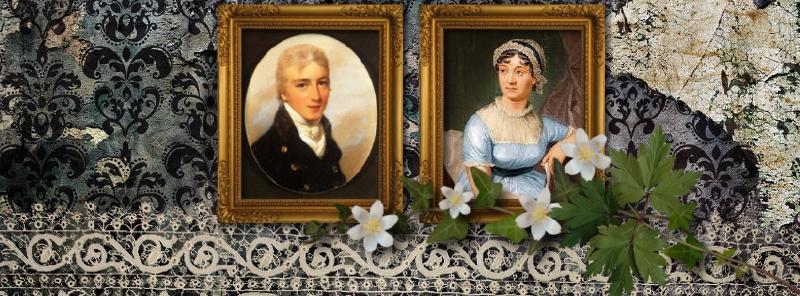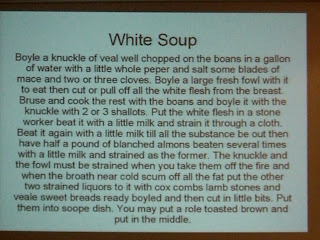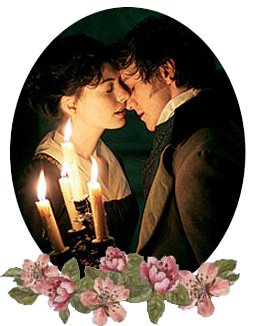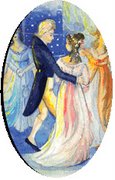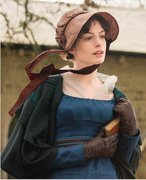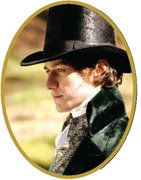
Actually, it is my turn to do a Tom quote this week but having re-watched Pride and Prejudice (both 1995 and 2005) this week, I want to do a PP quote. I hope dearest Rachel will cover a Tom quote for us next week.
This PP quote was taken from Volume III Chapter I (Chapter 43), directly taken from Pemberley.com. Elizabeth and the Gardiners were visiting Pemberley for the first time. They were very impressed by the sight of the great house and the following was her first thought:
"And of this place,'' thought she, "I might have been mistress! With these rooms I might now have been familiarly acquainted! Instead of viewing them as a stranger, I might have rejoiced in them as my own, and welcomed to them as visitors my uncle and aunt. -- But no,'' -- recollecting herself, -- "that could never be: my uncle and aunt would have been lost to me: I should not have been allowed to invite them.'' This was a lucky recollection -- it saved her from something like regret.
Then, we fast forward to after Lizzy and Darcy confessed their love to each other. That night, Jane asked Lizzy when she knew that she loved Mr Darcy (Volume III Chapter 17/Chapter 59).
"My dearest sister, now be serious. I want to talk very seriously. Let me know every thing that I am to know, without delay. Will you tell me how long you have loved him?''
"It has been coming on so gradually, that I hardly know when it began. But I believe I must date it from my first seeing his beautiful grounds at Pemberley.''
Another intreaty that she would be serious, however, produced the desired effect; and she soon satisfied Jane by her solemn assurances of attachment. When convinced on that article, Miss Bennet had nothing farther to wish.
"Now I am quite happy,'' said she, "for you will be as happy as myself. I always had a value for him. Were it for nothing but his love of you, I must always have esteemed him; but now, as Bingley's friend and your husband, there can be only Bingley and yourself more dear to me. But Lizzy, you have been very sly, very reserved with me. How little did you tell me of what passed at Pemberley and Lambton! I owe all that I know of it to another, not to you.''
I have no doubt that Lizzy loved Darcy instead of his money. But there is another question here: Did the grandeur of Pemberley add to her increased acceptance of Darcy? Bearing in mind that it wouldn’t hurt to marry well as long as she loved him first and foremost?
Or at least, did Jane Austen herself tease us here? She was never in a good financial situation, but she wouldn’t marry if not for love. Hence it was natural for her to make her heroines marrying for love… with another benefit: rich and prospective husbands.
Pic: Pemberley in PP 1995
